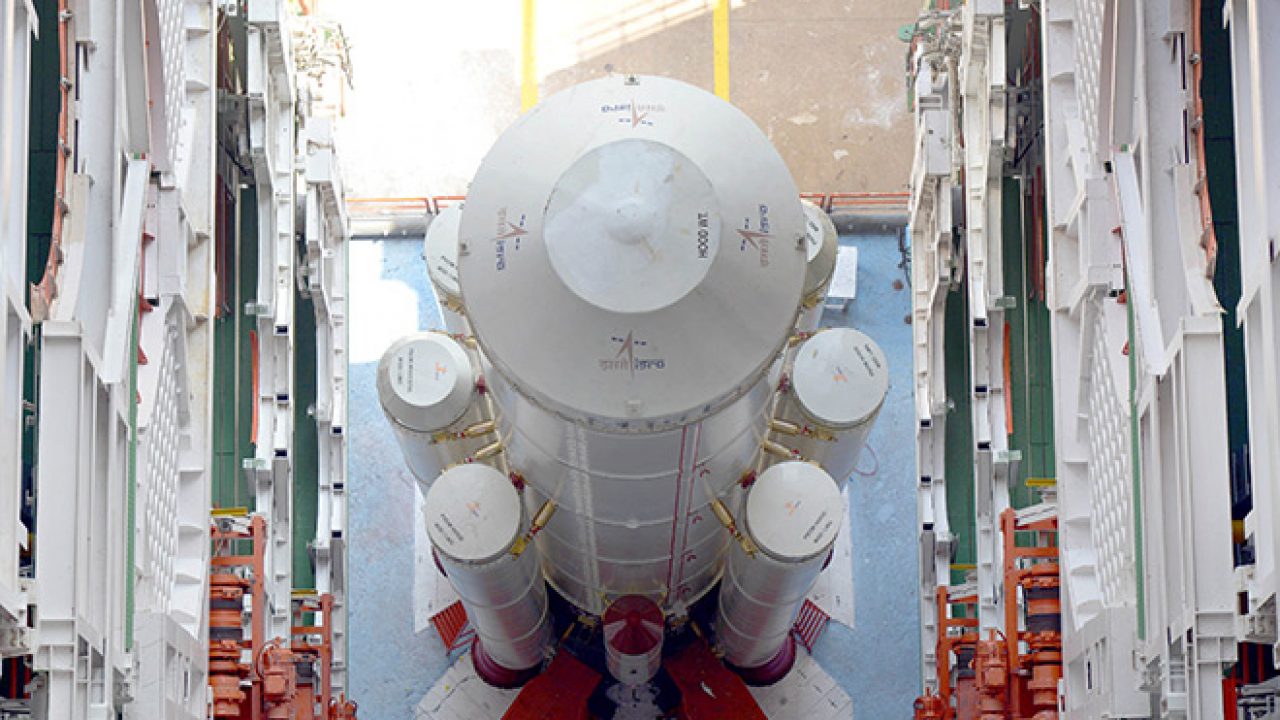
Space industry is making progress by leaps and bounds. The US and China are far ahead of other aspiring countries in exploring the space not only for defence purposes but for commercial interests also.
Technocrats and scientists are struggling hard to create a regular commercial connectivity between the earth and other nearby planets. The moon already stands conquered. The US recently announced that it would launch a space station which would facilitate flights to moon or Mars. Even some people have booked flights for the space.
This is not wishful thinking but a stark reality that speaks loudly about the innovative and creative faculty of humans. Scientific advancement is changing the entire life style of people on the planet of the earth. What startling changes will occur in due course of time is a matter of conjecture and aspirations.
India is one of the countries that have a strong technological base for space exploration. We have the advanced technology and as the acquiring of cryogenic engine had once become a hindrance because the US or UK were not prepared to give us that technology but our scientists and technocrats ultimately succeeded in inventing the said engine indigenously. It has proved effective and efficient because Indian Space Research Organization has been making use of it.
India met with a setback in her first attempt of landing a satellite on moon. But ISRO did not get disheartened by the initial failure and took the pledge of overcoming the obstruction. The engineers and scientists are working on the second attempt and we are told that ISRO has made satisfactory progress in its ambition of landing on the moon.
It is widely believed in knowledgeable circles that the future wars might be space wars. Given the advancement in missile technology, it is apprehended that the superpowers in possession of advanced technologies would dominate the globe through their space power. If that happens then the picture of the globe will be different and the entire story of earthly life would change.
Perhaps our scientists do entertain that possibility not in distant future. Therefore they would like to gear up to meet the challenge. India is a big country and she cannot afford to be on the receiving end.
Although ISRO is fully a government enterprise but it seems that the government is advised to encourage the private enterprise as well for firing rockets in the space. Two vital considerations have been the deciding element in the government’s decision to allow private companies to try their hand at entering the space. First consideration is the cost factor. The government would like that the cost of production comes down to reasonable lever. The second reason is that the government wants to encourage the talent in the country to be given the opportunity of demonstrating their innovative faculty and skills. As such privatization of space industry by stages is a fine idea of the government.
The people of our country felt proud and elated when they came to know that India successfully launched its first privately developed rocket, the Vikram-S, on Friday. This achievement can be a milestone in the country’s effort to create a commercial space industry and to compete on cost.
Video footage showed the 545-kg rocket, developed 89.5 kilometres by space start-up Skyroot, took off from the Indian space agency’s launch site near Chennai and hit a peak altitude of 89.5 kilometres.
The rocket has the capability of reaching Mach 5 – five times the speed of sound – and carrying a payload of 83kg to an altitude of 100km, the company said.
We have to note that the Skyroot team had set a target of 80km for its first launch, a benchmark some agencies define as the frontier of space. The Karman line – set by an international aeronautics body as defining the boundary between the Earth’s atmosphere and space – is at 100km altitude. The Vikram S rocket named after the great Indian space scientist Vikram Sarabhai did not cross the boundary of 100 km set forth by the international aeronautics body.
The Skyroot team feels that in terms cost of production, reasonable limits will not be crossed. The technocrats are looking into that aspect. They think that after examining the results of the current firing of rocket into the space, it might be possible to achieve that cost savings by using a rocket architecture that can be assembled in less than 72 hours with composite materials. It plans launches capable of delivering satellites starting next year. Skyroot, which was started by Pawan Chandana and Bharath Daka, has set a target of cutting development costs by up to 90 per cent versus existing platforms to launch small satellites.
Keeping in mind that the government is seriously supporting the Make in India strategy, we can expect some adventuring companies to jump into the fray and find interest in the start ups. When state patronage is there, the fast expanding space industry is expected to draw the attention of many competitors within the country and abroad to help India make her mark in the space exploration.
“Hyderabad-based Skyroot, founded in 2018 and backed by Singapore sovereign wealth fund GIC, was the first space start-up to sign an agreement to use Indian Space Research Organisation (ISRO) launch and test facilities after the government opened the door to private companies in 2020.
It has raised 5.26 billion rupees (US$64.42 million) so far and employs about 200 people. Close to 100 people have been involved in its maiden launch project,” reported the Asia Times of 15 November.
It is a proud day for the people of India and the engineers and technocrats who worked at Vikram-S rocket. But this is what is proverbially said the tip of the iceberg. This enterprise has a vast scope and India should not lag behind while space is commercialised. We would like to congratulate the entrepreneurs as they are going to be the role model for many more to enter the field.




